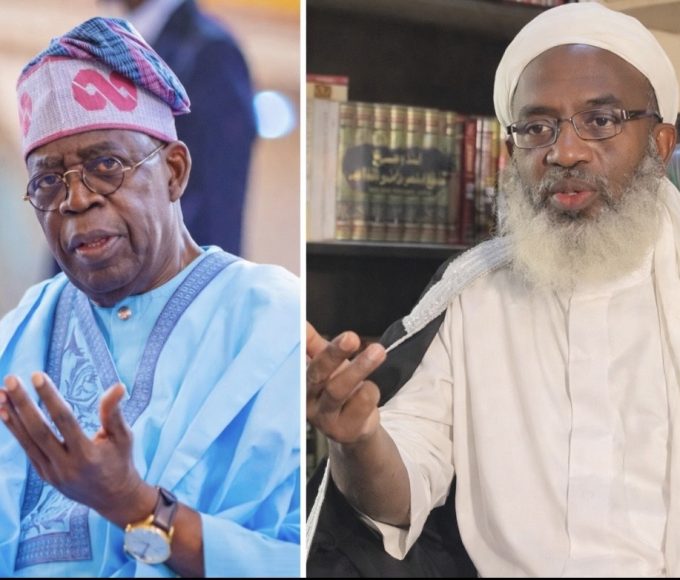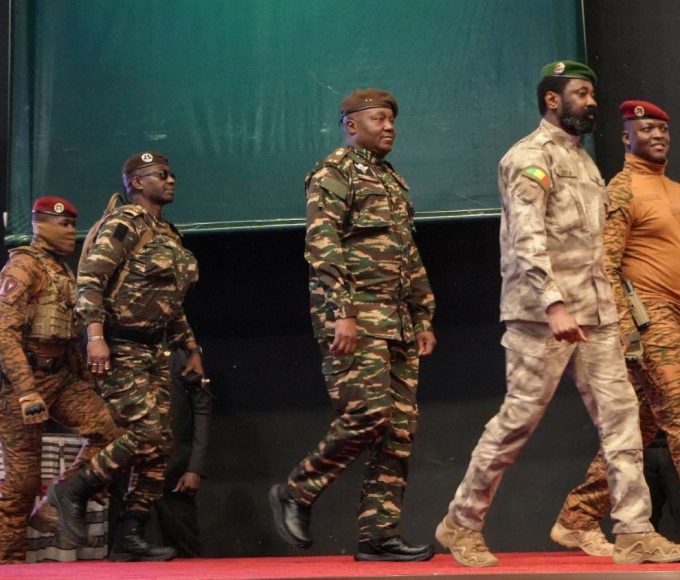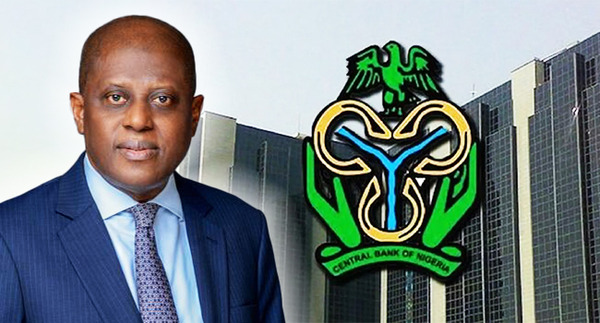
Nigeria: Tinubu Priorities Luxury Over Citizen’s Welfare, Allocates ₦7.65b for State House Vehicles in 2025 Budget

The Nigerian Presidency has proposed ₦7.65 billion for the purchase of State House vehicles in the 2025 budget. The large allocation marks a notable increase from the ₦4 billion allocated in 2024 and contrasts with President Bola Tinubu’s pledge to reduce governance costs.
The 2025 budget, titled “Budget of Restoration: Securing Peace, Rebuilding Prosperity,” was presented to the National Assembly by President Bola Tinubu in December. Amidst Nigeria’s ongoing economic challenges, including rising inflation and an alarming debt servicing burden, the substantial budget for vehicle procurement and other capital expenditures has sparked debates over fiscal priorities and resource management.
The largest portion of the vehicle budget, ₦4.76 billion, is allocated to the State House Headquarters. Other allocations include ₦255.7 million for the President, ₦285 million for the Chief of Staff, and ₦700 million for the Nigerian Financial Intelligence Unit. The 2025 budget also sets aside ₦33.55 billion for capital projects at the State House. This includes ₦25 billion for office building repairs.
In 2024, the Presidency allocated ₦6.35 billion for vehicles at the State House Headquarters. This included ₦4 billion for operational vehicles and ₦2 billion for replacing SUVs. An additional ₦351 million was set aside for tyres for bulletproof vehicles and cars.
Civic-tech group BudgIT has flagged several issues with the 2025 budget. It noted missing budget breakdowns for key agencies like the National Judicial Council (₦341.63 billion) and TETFund (₦940.5 billion). The group also criticised the exclusion of funding for the Lagos-Calabar Coastal Road, calling it a major oversight.
BudgIT raised concerns about the allocation of ₦2.49 trillion to regional development commissions under personnel costs. It said this hides the true nature of their expenses and prevents transparency. The group also pointed out remarks by President Tinubu about military welfare. These included provisions for bulletproof SUVs and foreign medical trips for military generals, which it said contradicts his pledge to cut governance costs.
The organisation compared the ambiguous budget to the previous year’s budget and noted more inefficiencies.
Many inserted projects usually lack proper conceptualisation, design, and cost estimation, undermining their effectiveness and feasibility. We believe that the legislature must exercise this power with the utmost responsibility.
“This responsibility, which cannot be overstated, entails ensuring resource efficiency, eliminating waste, and aligning budgetary decisions with the nation’s long-term economic development goals,” BudgIT said.
It will be recalled that in 2024, Senator Abdul Ningi exposed discrepancies in the budget implementation. He revealed that ₦28.7 trillion was spent instead of the approved ₦25 trillion, leaving ₦3.7 trillion unaccounted for. Rather than addressing the issue, the revelation triggered significant backlash against the senator, leading to his suspension from the Senate.
Nigerians have questioned the large vehicle and infrastructure allocations amid Nigeria’s economic challenges, especially as the country faces high inflation and a ₦15.81 trillion debt servicing burden. The debt servicing amount alone exceeds the combined ₦14.97 trillion allocated to four key sectors: security, infrastructure, education, and health. The budget, thus, reveals inefficiencies that must be addressed.
Read More:
- Bandits Attack Community Security Team in Katsina, Many Reported Killed
- Mali: FAMa’s Airstrikes Destroy Retreating Terrorists in Mopti Region
- Jide Kosoko Set To Bring Colonial Lagos To Life In Esugbayi Eleko
About The Author
Related Articles
Tinubu Follows Gumi’s Lead as Nigeria Signs Turkey Defence Deal, Fueling Speculation Over Who Really Controls the Country’s Security Policy
Nigeria’s diplomatic and security strategy is once again under scrutiny after a...
ByWest Africa WeeklyJanuary 28, 2026Burkina Faso President Ibrahim Traoré Reviews 2025 Achievements, Sets Ambitious Agenda for 2026
Burkina Faso’s President, Ibrahim Traoré, has described 2025 as a year of...
ByWest Africa WeeklyJanuary 28, 2026Mali Says Reports of New Three-State Sahel Currency Are False but Talks Continue on Economic Integration
Mali’s government has rejected claims that it and its neighbours, Burkina Faso...
ByWest Africa WeeklyJanuary 28, 2026CBN Upgrades Opay, Moniepoint, Kuda and Others to National Licences
The Central Bank of Nigeria has upgraded the operating licences of several...
ByWest Africa WeeklyJanuary 28, 2026












Leave a comment